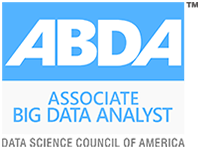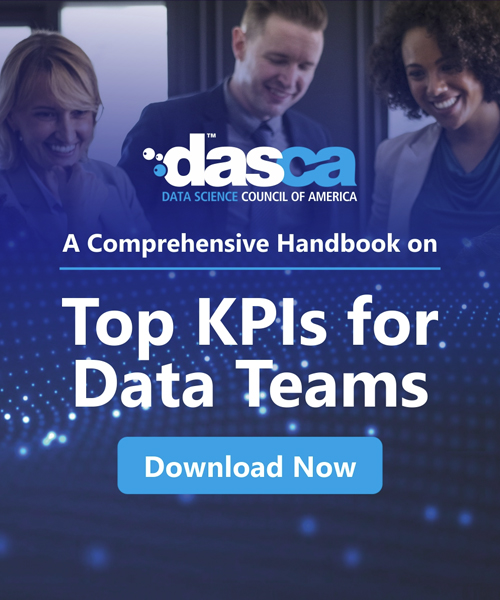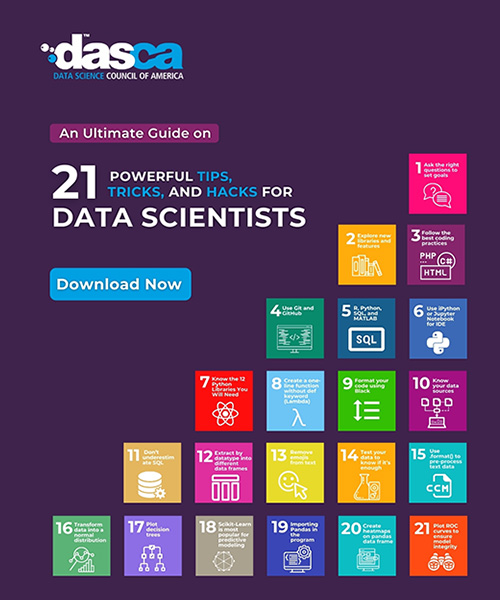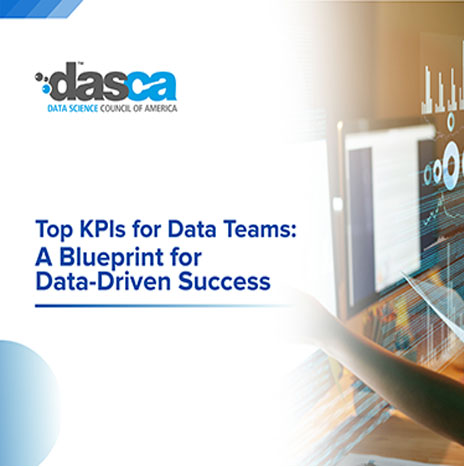
DASCA-EKF™ constantly enriches itself through elaborate global studies we undertake on changing trends in skill and knowledge demands from Big Data professionals.
Big Data Needs Standards To Prosper
The British Standards Institution (BSI) has published research to back up its argument that standards need to be brought to bear on Big Data for it to have a serious economic impact.
The standards organisation bemoaned the dearth of standardisation in Big Data. Its Big Data and Standards market research report, conducted by Circle Research, identifies "a series of challenges for the growth of the Big Data market which also represent an opportunity to develop standardisation in this area".
“The economically viable ability to store and analyse exponentially growing volumes of data is new, and this is what the term 'Big Data' represents,” BSI added.
Anne Hayes, head of market development for governance and risk at BSI, said: “This research has developed a list of areas where there is initial agreement that the UK can take the lead on developing impactful best practice. BSI will work with key stakeholders in the UK and internationally to develop standards to help UK organizations reap the benefits of Big Data.”
The report identifies some areas ripe, in BSI's view, for standardisation. These include best practice for Big Data project management, the communication of the value of Big Data to a sceptical public, and metadata guidance. The institute added that standards could help to make sure that statements of terms and conditions are simple to understand.
Circle Research talked to 27 Big Data commentators in government and the private in the report, John Skelton, chief technology officer at Severn Trent Water, said: “We invest for the long term in assets such as pipes in the ground, reservoirs, and treatment works that cost a lot of money. The smarter we become at making those investments and operating those assets, the better. If we can mine Big Data to understand what kinds of pipe work best in what kinds of soil, or what kinds of motor work best in what kinds of situation, then we can invest more wisely in our assets in the future.”
The report authors state: “Given the growth prospects of Big Data, coupled with a current lack of best practice and a series of prevalent challenges, it appears both logical and inevitable that new guidance is needed. BSI views that the correct form for this guidance is standards created in consultation with businesses for the purpose of supporting businesses.”
Legislation preventation
Ruy Pinto, group chief operations officer at Inmarsat, agrees with its view. He said: “If we don't accelerate standards, governments will end up introducing more legislation. When you do that there's less consultation and you always have unintended effects: you can stifle innovation, you can prevent products and services from being offered, you continuously have negative publicity. We need standards.”
Peter Brackman, IT manager at Thames Water, said a Big Data project management standard would be helfpul. “To do Big Data properly you need to sit down with business line managers and work out what kind of data you're looking at, what the data means and how this could be interpreted and integrated into business,” he said.
“It's very complex. Having a checklist would be good. Things like what devices you're acquiring the information from and how you're integrating this into the business area. Are you doing models and interpretation as well? A standard that helps you build a business case for using Big Data or a template would be good.”


































